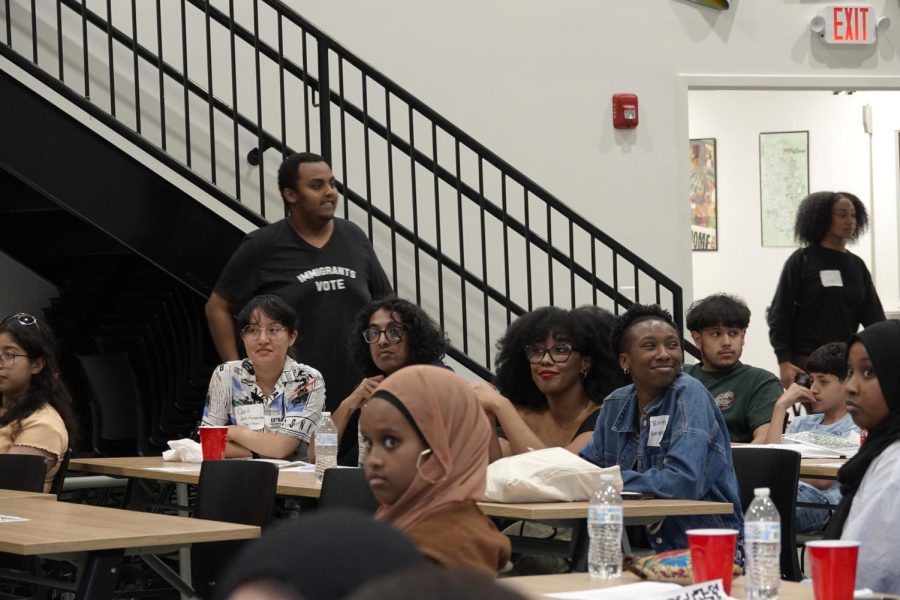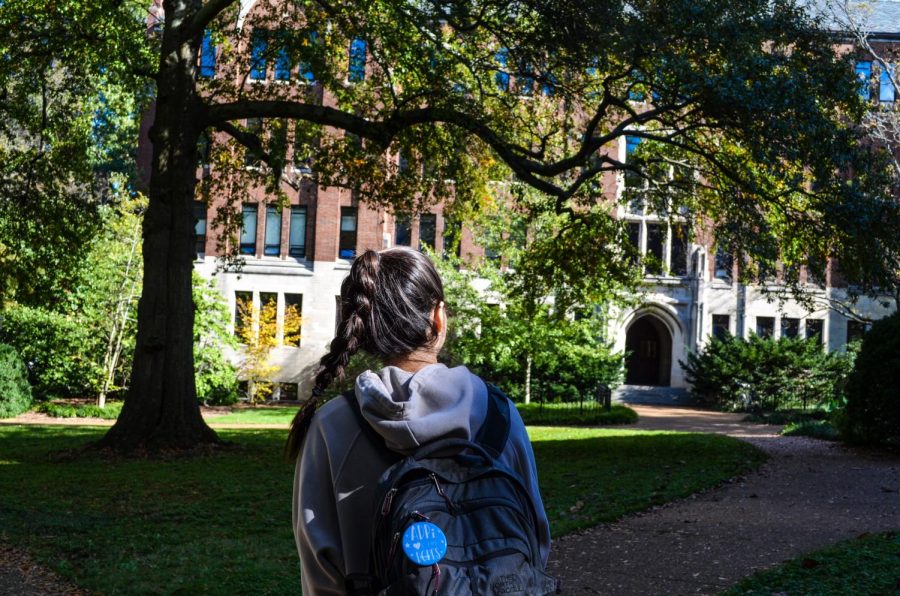I remember sitting in my Intro to American Government and Politics class sophomore year and learning about the concept of tragedy of the commons. It is something that has continuously come up in my political science and sociology courses but never really stood out to me as something all that significant– that is until I came across the water crisis in South Africa. The tragedy of the commons had seemed like something too far off to happen in real life, like something that could only happen in a dystopian novel such as Lord of the Flies. It is currently happening, however, with one of the most precious natural resources: water.
Cape Town, South Africa is set to turn off its water supply on July 15. Dubbed as “Day Zero”, it marks a time when the city’s four million residents will most likely have to stand in lines to receive rations of water. The city has tried to implement conservation measures in the past few months to little avail. Over half of residents have ignored these measures and continue to use more than the recommended 50 liters a day (for frame of reference, the average American uses around 65 liters for an eight minute shower). Thus we arrive at the tragedy of the commons, where individuals act in their own interest and disregard the common good. The end result is the depletion of a shared resource in a shared-resource system.
A combination of poor planning and climate change currently leave Cape Town in an unfortunate and dangerous position. Some relied on the possibility of consistent rainfall patterns similar to years past while others remained unsure of how to expand the city’s water supply proportionally with the growing population. In the meantime, there are those who have looked to exploit the shortage by marking up prices on bottled water or selling water from wells and rivers. To paint an even bleaker picture, some residents only flush once a day and restaurants have begun to use paper cups and plates to reduce the water used for dishwashing. The worst case scenario is the previously mentioned Day Zero where residents will need to stand in line for rations of water monitored by armed guards. The time needed to stand in line is also sure to negatively impact the economy.
Other cities have experienced similar problems such as Mexico City and Melbourne, Australia which raises the question of how soon water shortages could occur in more and more cities. More than anything, the role of government and public institutions emerge as the most important in preventing a water crisis. It will take the acknowledgement of climate change and resourceful planning. It will take collective action and empathy to avoid the tragedy of the commons. As for now, you can help by being informed about water crises around the world (any of the above links provide a good overview). You can also check out some charities who are doing work in South Africa such as Gift of the Givers and The Water Project.














